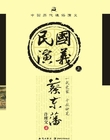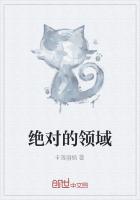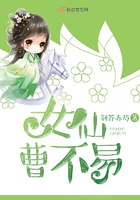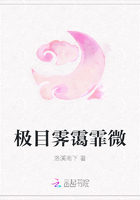(Lobelia cardinalis) Bellflower family Flowers - Rich vermilion, very rarely rose or white, 1 to 1 1/2in, long, numerous, growing in terminal, erect, green-bracted, more or less 1-sided racemes.Calyx 5-cleft; corolla tubular, split down one side, 2-lipped; the lower lip with 3 spreading lobes, the upper lip 2-lobed, erect; 5 stamens united into a tube around the style; 2 anthers with hairy tufts.Stem: 2 to 4 1/2ft.high, rarely branched.Leaves: Oblong to lance-shaped, slightly toothed, mostly sessile.
Preferred Habitat - Wet or low ground, beside streams, ditches, and meadow runnels.
Flowering Season - July-September.
Distribution - New Brunswick to the Gulf States, westward to the Northwest Territory and Kansas.
By the depth and brilliancy of its incomparable hue, the shade with which Vibert delighted to illumine his rich canvases, the color of the famous hat worn by seventy ecclesiastical princes of the Roman Church, but a richer red than the bird which shares the name can boast, the cardinal flower proclaims its title to all beholders.Because its vivid beauty cannot be hid, and few withstand the temptation to pick it, its extermination goes on as rapidly as its bird namesake's.
"Hast thou named all the birds without a gun?
Loved the wood rose and left it on its stalk?"The easy cultivation from seed of this peerless wildflower - and it is offered in many trade catalogues - might save it to those regions in Nature's wide garden that now know it no more.The ranks of floral missionaries need recruits.
Curious that the great blue lobelia should be the cardinal flower's twin sister! Why this difference of color? Sir John Lubbock proved by tireless experiment that the bees' favorite color is blue, and the shorter-tubed blue lobelia elected to woo them as her benefactors.Whoever has made a study of the ruby-throated hummingbird's habits must have noticed how red flowers entice him - columbines, painted cups, coral honeysuckle, Oswego tea, trumpet flower, and cardinal in Nature's garden;cannas, salvia, gladioli, pelargoniums, fuchsias, phloxes, verbenas, and nasturtiums among others in ours.How the cardinal flower's wonderful mechanism works to utilize his visits has already been told under great lobelia, in the description of the blue lobelia of similar construction.But with a bird so much greater than the ruby-throat that the jeweled-feathered atom could be concealed under one of its talons is the red lobelia forever associated:
"The cardinal, and the blood-red spots, Its double in the stream As if some wounded eagle's breast, Slow throbbing o'er the plain, Had left its airy path impressed In drops of scarlet rain."

